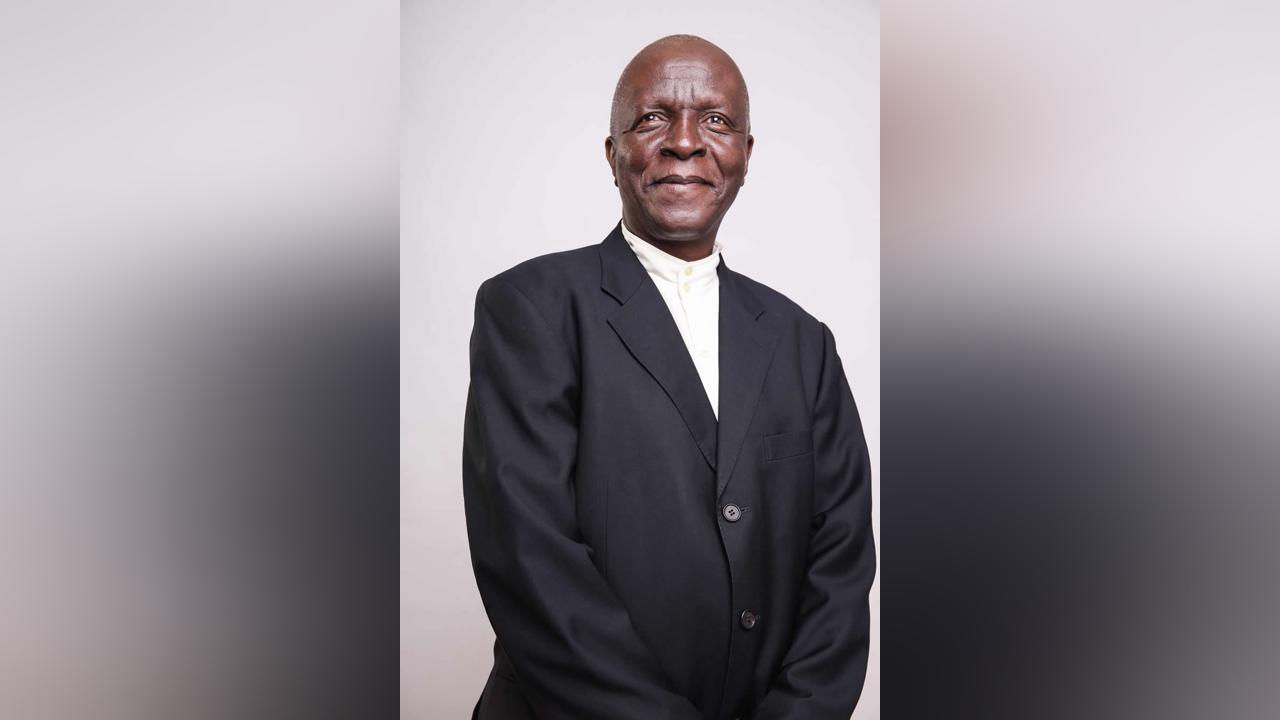Africa-Press – Eswatini. Minister of Justice and Constitutional Affairs, Prince Simelane, has once again fired another salvo on the judiciary, questioning the setting up of the probe into the Master’s Office.
The minister yesterday suggested that elders should have been informed of the probe before any decision to set it up was considered, questioning the lack of extensive consultation in finding means to resolve the issues that currently plague the judiciary.
In this respect the minister suggested that the conflict between the Judicial Service Commission and Law Society over the Master’s office probe should have been referred to other bodies.
He mentioned Labadzala as part of those who should have been informed of the probe into the Master’s Office, saying this would have been a priority.
The minister said he was concerned that the inquiry had progressed for about two weeks but still none of labadzala had taken the initiative to convene the concerned parties for purposes of addressing the friction between the JSC and Law Society of Eswatini.
According to the minister, the presence of elders (labadzala) was important in any setting because in the event of a dispute or disagreement on some issues, they (labadzala) then intervene and address the problems.
bodies
In the case of the Judicial Commission of Inquiry, the minister stated that bodies such as the King’s Advisory Council, Liqoqo, ludzidzini Council and the attorney general’s (AG) office should have convened the Law Society, JSC and their parent ministry, and heard their complaints and further resolved the presented problems.
“Ngabe bayahlangana labantfu laba batoteka intfo lengiyo singabi yinhlekisa boNkhosi eveni. Nesiswati siyasho kutsi injobo itfungelwa ebandla,” the minister said in vernacular.
He said an arbitrator was needed to settle the racket over the recently established Judicial Commission of Inquiry into the Master of the High Court Office for alleged gross maladministration and corruption.
spat
Prince Simelane also stated that the on-going public spat by the same stakeholders over whether the commission was legally established was an embarrassment.
The minister said this during his visit to the Manzini Magistrate’s Court yesterday.
The commission was recently set up by Chief Justice Bheki Maphalala following numerous complaints by affected members of the public who encountered challenges at the Master’s office while seeking assistance regarding access to estates of their departed loved ones.
informed
Last week, the minister revealed that his office had not been informed of the probe, stating that he had picked up from people who were complimenting him for setting it up. He said this when touring the Nhlangano Court last week.
He stated the chief justice should have informed the justice ministry as stakeholders about the commission.
The Law Society has also challeneged the legality of the probe, calling on the chief justice to stop it as he had no authority to set up the commission.
The Society argued that only the minister of justice and constitutional affairs, by law, was the authority to establish a commission.
The Law Society further alleged that the office of the chief justice was also implicated in issues relating to the operations of the Master’s office.
This, according to the Society, made the chief justice’s office ill-suited to appoint the commission to investigate the allegations.
Manzini Magistrate’s Courts attends to most cases, lacks facilities
The Manzini Magistrate’s Court attends to over 15 000 cases annually.
This was relayed by Principal Magistrate, David Khumalo to the Minister of Justice and Constitutional Affairs, Prince Simelane.
The purpose of the visit to the Manzini Magistrate’s Court was to get a better understanding of the operations of the court as well as to get to know the challenges faced by the workers in their line of duty.
According to Magistrate Khumalo, there is a great need for more courtrooms, storage facilities and magistrates’ chambers. Currently, there are 15 magistrates, including senior and principal magistrates, and four commissioners.
Of all these, only three senior magistrates have individual chambers while the rest, including the commissioners, share office space. Magistrate Khumalo said this was a challenge more so because there are also only four courtrooms.
This means some of the magistrates and commissioners are sometimes forced to work in their offices.
sometimes
“In the shared offices, the judicial officials are sometimes forced to leave to give space to one who has matters that need to be heard in closed court,” said Khumalo.
The shortage of courtrooms has seen a smaller room used for remote remands, which are conducted once a week, being double used as a fifth courtroom. Another issue that needs to be addressed, said Khumalo, was the lack of storage area for court records that are not yet ready to be sent to archives.
The minister was taken to a tiny room which was supposed to be used as an office by Correctional officers who bring the accused to court, but has been turned into a storage room with files stacked up to the ceiling.
Magistrate Khumalo said the files are sometimes needed for reference in the courts, but retrieving the needed files is a mammoth task which takes time due to the manner in which they are currently stored.
He said there was a need for a case management system whereby bulk filers can also be used.
introduced
When the electronic case management system is introduced as mentioned by the minister, Khumalo said there would be a need for more time and personnel to undertake the duty of uploading the files into the system.
Minister Prince Simelane was taken into the defunct public toilets with a number of facilities that need to be repaired. Magistrate Khumalo mentioned that some of the problems were reported to the ministry responsible for repairing government facilities, but nothing was done.
Further, the principal magistrate said the Manzini Magistrate’s Court had to continue serving the public amid the litany of challenges it faces.
After his tour, the minister said he had noted the complaints and challenges reported to him and his delegation.
Still, he noted that the challenges were far better than those in other courts in the other regions such as in the Shiselweni region.
For More News And Analysis About Eswatini Follow Africa-Press







